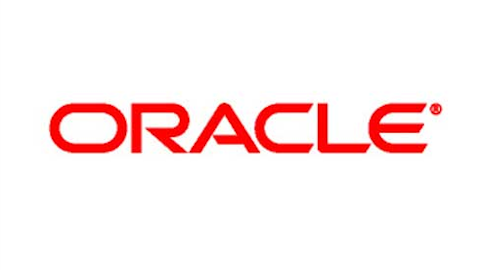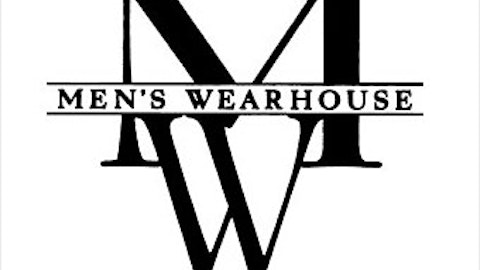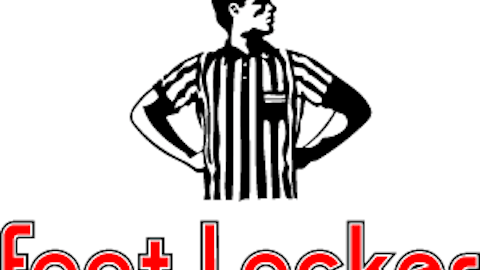Coming as it does on the heels of the ouster of The Men’s Wearhouse, Inc. (NYSE:MW) founder and company spokesman George Zimmer, the rejection by Jos. A. Bank Clothiers Inc (NASDAQ:JOSB) shareholders of its CEO’s pay package represents a serious dressing-down of men’s clothiers.
Zimmer says that he was canned because he expressed concern for the direction the company was heading in, and that booting him was a means of silencing those worries. Considering that the company’s stock has bounced back 40% from its recent lows, it was an odd move by the board to say the least, though the calendar pushing Easter up helped the quarter. Its underperforming K&G stores still serve as a drag on performance.
In the case of Jos. A. Bank Clothiers Inc (NASDAQ:JOSB), its stock sits some 22% below its 52-week high, and the shares are down almost 4% for the year. In comparison, the S&P 500 is almost 20% higher than at this time last year, albeit driven there by the Fed pumping tens of billions of dollars into the economy every day. Still, sagging sales and profits have weighed on the clothier, with revenues down 2.6% last quarter as comps dropped 8.5% and profits plunged 45%.
In what’s been described as a contentious shareholder meeting, investors rejected the compensation package of CEO R. Neal Black and other top executives in a nonbinding referendum that its board is not required to follow, but whose sentiments it would do well to heed. It was a unique vote for several reasons, not least of which was that investors typically do approve of executive pay, but also because the $2.9 million package that had been proposed was 27% less than the previous year’s $4 million plan.
There are some other concerns that affected the vote. Black says it has more to do with a change of control plan proposal than his handling of the company, but institutional investors want more stock buybacks to prop up the stock and believe its advertising campaign has gotten tired. While management might agree with the latter, they see buybacks as too short-term — which I’d agree with — and they prefer to use the $320 million they have in cash and short-term investments to expand the business.
Although the economy is still bleak, there are larger forces at work there that bode well for the future of both clothing retailers. While unemployment rose to 7.6% last week from 7.5%, the Bureau of Labor Statistics says it’s because more people have decided they can actually find work and began looking for a job. The labor participation rate finally ticked upward to 63.4%, up 10 basis points, and while this is certainly nothing to break out the champagne over, as it’s still abysmally low, it’s at least finally moving in the right direction again.





